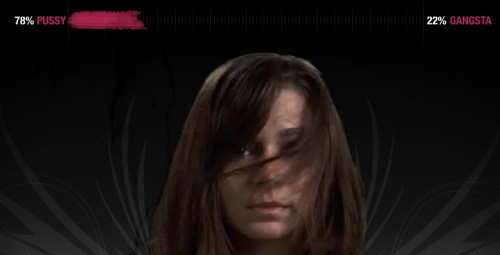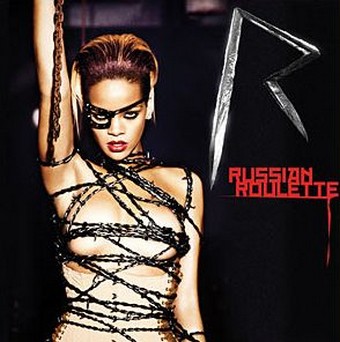This one I put out there for debate.
I don’t get a chance to watch the many dance shows out there, but I’ve seen a bit and I have a question for those of you who’ve been watching them more carefully.
The video below is of Sébastien Soldevila and Mimi Bonnavaud dancing at the Cirque de Demain festival (thanks for the info, netrus). In the dance, a woman is torn between rejecting a man and being powerfully drawn to him. I’ve noticed that this theme crops up frequently in even just the little bit of dance programming I’ve watched. In this video, you get the idea in just the first few seconds, though you might want to watch the rest because it’s awesome. (Video title, btw, is not mine.)
I can see why choreographers return to this theme again and again. I think this is a common human experience (lord knows I’ve been there) and great fodder for art.
My question is: Is this theme gendered? That is, is it usually the woman who is desperately trying to escape the man and her attraction to him, and not vice versa?
I ask because, if it is, what we’re really seeing is not just a drama about a conflict between attraction and repulsion, we’re seeing a drama in which men are allowed to be deaf to women’s insistence that they want to be left alone, released. Really, deep down, this narrative tells us, she wants him. Therefore, it’s perfectly ok for him to ignore her “no.” If he just follows her for long enough, grabs her to make her look at him one more time, forces her up against his body enough, then she will relent.
From a different perspective, this is a man who is stalking and harassing her, but the narrative (which almost always ends in her giving in to him/her desire) suggests that this is perfectly reasonable, even passionate, loving, devoted behavior.
Do we sometimes (or ever) see women doing the stalking and harassing in these choreographies? Or is it usually the man?
Also in “no” doesn’t mean “no”: caveman courtship, it’s not “no” if she’s a zombie, you may say “no,” but your perfume says “yes,” and some pretty grotesque t-shirts.
—————————
Lisa Wade is a professor of sociology at Occidental College. You can follow her on Twitter and Facebook.
Lisa Wade, PhD is an Associate Professor at Tulane University. She is the author of American Hookup, a book about college sexual culture; a textbook about gender; and a forthcoming introductory text: Terrible Magnificent Sociology. You can follow her on Twitter and Instagram.









